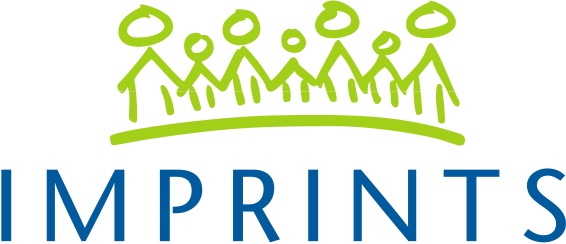
You can never start too early when it comes to taking care of your baby's teeth - even when she doesn't have any. Beginning at birth, become familiar with your baby's mouth so that you will notice any discoloration or other change that may signify that something is infected. A good time to do this is when you clean your baby's mouth. Every day, take a soft, clean, damp cloth and wipe out your baby's mouth, especially after a feeding.
Once the teeth come in, brush them with a soft toothbrush and water. Around 6 months of age, introduce a regular cup to your baby. When a baby drinks from a bottle or "sippy" cup, the liquid pools around the teeth and starts dissolving their enamel which leads to decay and infection. This is especially important to remember at bedtime as the milk or juice will be in your baby's mouth for an even longer period of time. A good rule of thumb is to never put a baby to bed with a bottle of milk or juice. If you feel that your baby must have a bedtime bottle, use clean, cool water.
By age two, start using a pea-sized amount of toothpaste and have your child rinse and spit. Spitting can be a little difficult for your child to master, try using plain water for practice.
Even after your child can brush his teeth on his own, continue to monitor his mouth, teeth, and brushing habits to check for any issues. Cavities and other mouth issues often start showing up after the child has been left alone to care for their teeth since they may rush and not be as thorough.
Your baby's pediatrician will also be checking your baby's mouth for signs of infection. Make your baby's first dental appointment when they are around a year old or earlier if your pediatrician recommends it. Remember that even though baby teeth fall out, it's important to take care of them to ensure that the adult teeth will come in healthy.




No comments:
Post a Comment